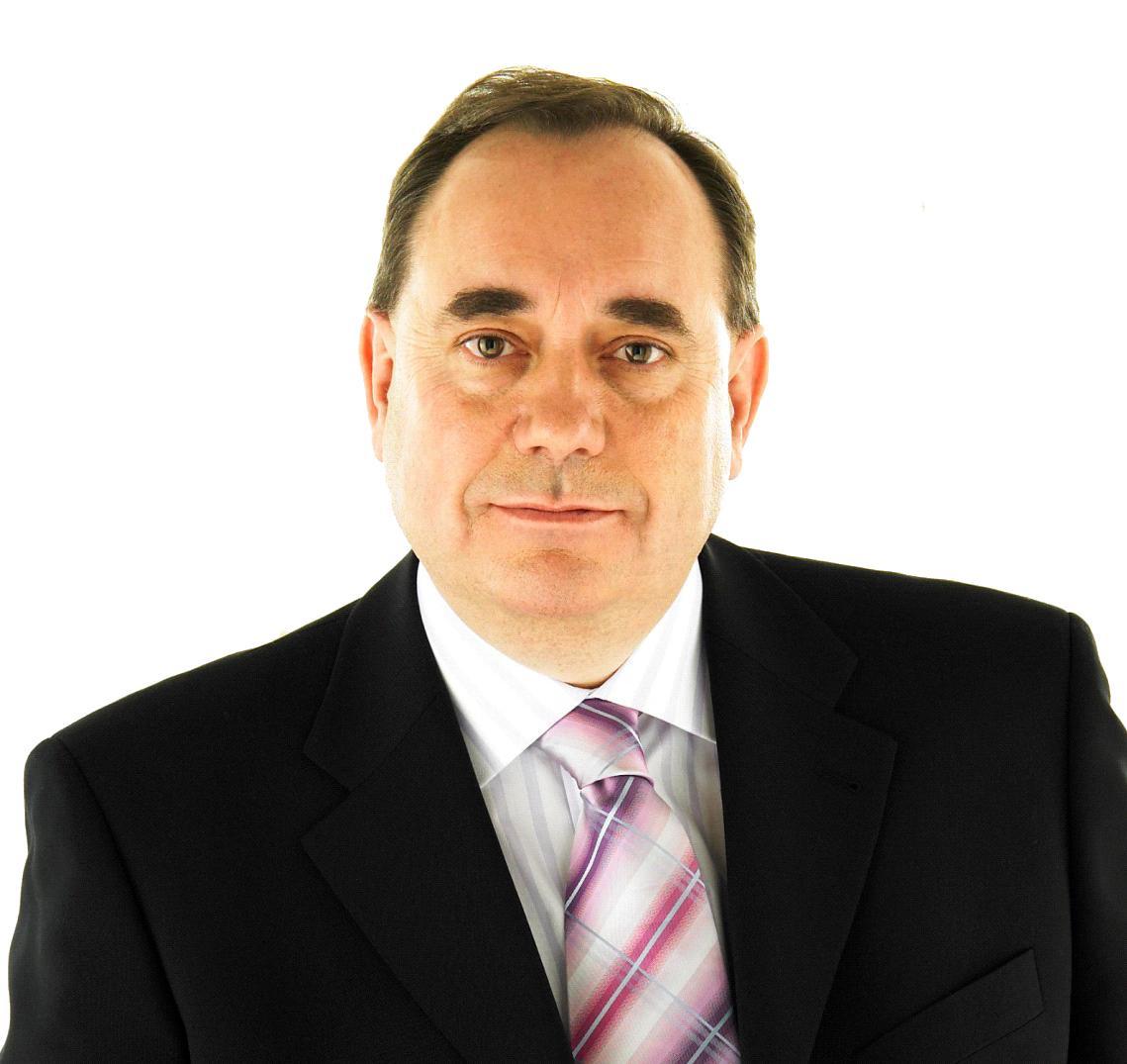Alex Salmond admitted to north-east business leaders that an independent Scotland would not be a “land of milk and honey” as he pressed the case for a Yes vote yesterday.
The first minister said success would not be handed to Scots, and that only by harnessing economic and financial levers to boost productivity, raise employment and increase net migration would the nation flourish.
The Aberdeenshire East MSP jokingly told an audience of Aberdeen and Grampian Chamber of Commerce members that there would not be taps pouring “oil, whisky and water” in every household in the country come September 19.
However, he stressed that a vote for independence would allow Scotland to realise its “economic potential” and the “enormous opportunities” the country has.
“With independence, we can control the instruments, the power, the ability to make these things happen,” he added.
Mr Salmond also repeated the case for Holyrood to take control over air passenger duty, following an announcement this week from British Airways that it will axe flights between Aberdeen and London City airports.
He hailed a £20million investment in Aberdeen revealed on Tuesday by Canadian Hotel operator Sandman, which has plans for a four-star hotel in St Andrews Street after acquiring the site from the Robert Gordon University.
Mr Salmond added that record levels of inward investment nationally, as well as profile-raising events such as the Scottish Open, the Ryder Cup and the Commonwealth Games, had contributed to a “halo effect” over Scotland.
He said: “Never has Scotland been better news, or more international news.
“It has never been easier to promote Scotland.”
Mr Salmond took questions from the floor on broadband connectivity in rural Aberdeenshire, the future for wind energy in the region, EU membership and uncertainty over currency.
He also delivered a withering assessment of the Westminster Conservative-Liberal Democrat coalition’s stewardship of North Sea oil and gas revenues.
The issue again came to the fore this week after the Office for Budget Responsibility (OBR) downgraded its forecasts for the sector by £20billion over the period to 2040.
The OBR suggested there many only be 10 billion barrels of recoverable oil and gas in the North Sea, but industry body Oil and Gas UK, backed by a number of experts, said there were up to 24 billion barrels left.
Mr Salmond said many voters in Scotland would “look and laugh” at the OBR forecasts.
He cited the input from Professor Sir Donald MacKay, a founding director of an oil operating company who is also a former economic adviser to the secretary of state for Scotland, who insisted though that the OBR forecasts “stand in stark contrast to the views of those who have lived with the oil industry over many years”.
Mr Salmond added: “If it had been left to London forecasters then all the oil would have run out in 1990.”
He pointed out that the UK Government had accepted Sir Ian Wood’s report the maximising North Sea resources, which was based on the 24 billion figure.
“Now the OBR are presuming 10 billion, so what’s happened to the other 14 billion? If the UK Government’s own pet forecasters are saying that the UK Government’s own policy is going to be so spectacularly unsuccessful as to get less than half of the oil and gas that they were forecast to get last year, then that does not say much about the confidence the OBR have in UK Government policies.”
Highland MP and Chief Secretary to the Treasury Danny Alexander insisted, however, the revisions by the OBR made Scottish Government forecasts “look even more incredible”.
He said: “It is clear to every independent expert that there is no boom in oil revenues on the way, and because extraction is expected to become more expensive, we have to be realistic about tax revenue projections.”
